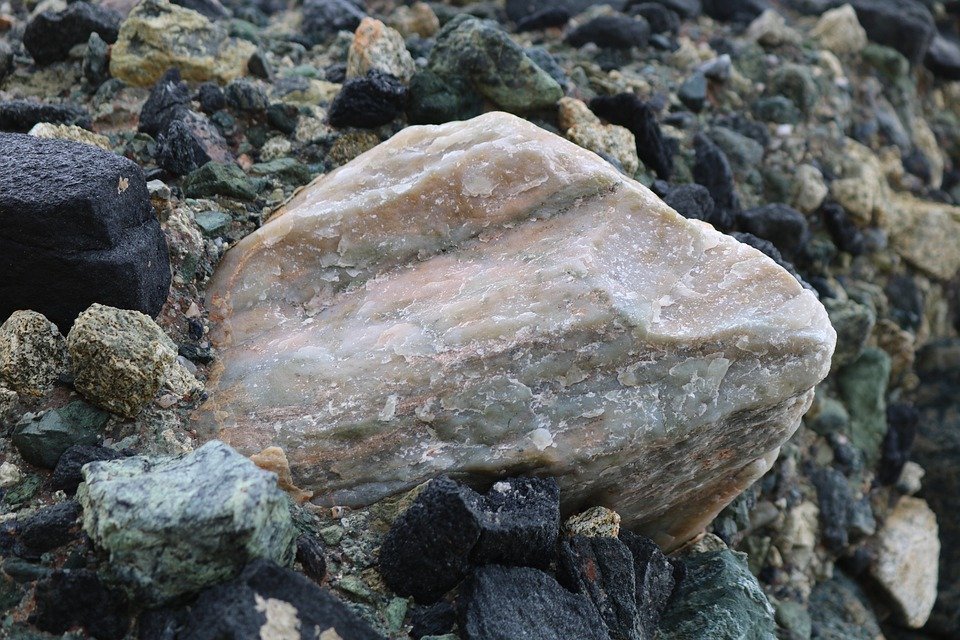Archaeologists have turned to high-tech geospatial analytical methods to investigate the earliest human activity on the island.
The department of antiquities said this week that it has now completed the archaeological reconnaissance surveys to locate Pleistocene deposits with Palaeolithic cultural material in the Akamas area.
Colonisation of islands by humans during the Pleistocene era, a geological epoch that lasted from about 2,580,000 to 11,700 years ago and encompassed the Ice Age, as well as the ways in which they successfully adapted to the new environments is one of the most interesting topics of archaeological research worldwide, it said.
Cyprus has the potential to contribute important new data to the study through the systematic investigation of the island’s Pleistocene landscape, the department added.
The surveys are part of the innovative, interdisciplinary research programme “Water Routes in Human Island Dispersals: Modeling the Pleistocene Exploitation of Cyprus”.
The programme uses innovative geospatial analytical methods to detect potential early routes and prime exploitation locales of the earliest human visitations to the island.
To date, unequivocal material culture of a Palaeolithic age is absent from Cyprus, so particular emphasis is placed on determining the most likely hotspots of Pleistocene activity assuming early Homo sapiens or their predecessors made it to the island.
In the first phase of the project, a geospatial predictive modeling was developed taking into account topographic features from well-known Paleolithic sites in the wider Eastern Mediterranean. Through this model, it was possible to outline an area of particular attraction to pre-Neolithic hunter-gatherers, and therefore of high interest in locating Pleistocene archaeological remains. After a series of targeted reconnaissance surveys in 2019, the area of Akamas was selected as a suitable area for the preservation and location of Paleolithic sites.
Between September and October 2020, the research team conducted surface surveys both on the coastal zone and in the interior of the Akamas peninsula, focusing on specific topographic features of the environment, such as rock roofs, rivers and Pleistocene deposits. Surface lithic scatters, as well as individual artefacts (isolated finds) were located and recorded in various localities in the broader Akamas region.
Based on a preliminary study of their morphological-typological characteristics, these chert stone tools range chronologically from the pre-Neolithic to the Neolithic. The artefacts, mainly flakes and blades, are made from a variety of chert raw material.
In areas of high interest, sediment depth was investigated through probing and augering in order to record points for possible future test excavations. At the end of the research, all the new data has been georeferenced and density/distribution maps have been prepared and delivered to the Department of Antiquities.
Detailed and systematic research through pilot excavation of the most promising places is planned for 2021.
The research was conducted under the direction of Dr Theodora Moutsiou, postdoctoral researcher at the Archaeology Research Unit of the University of Cyprus, and Dr Christian Reepmeyer, senior lecturer of archaeology at James Cook University, Australia.
The work was co-funded by the European Regional Development Fund and the Republic of Cyprus through the Research and Innovation Foundation and is coordinated by the University of Cyprus. It involves experts from the Cyprus University of Technology, the Aristotle University of Thessaloniki, the University of Nevada, as well as the Department of Antiquities and the Geological Survey Department of the Republic of Cyprus.







Click here to change your cookie preferences